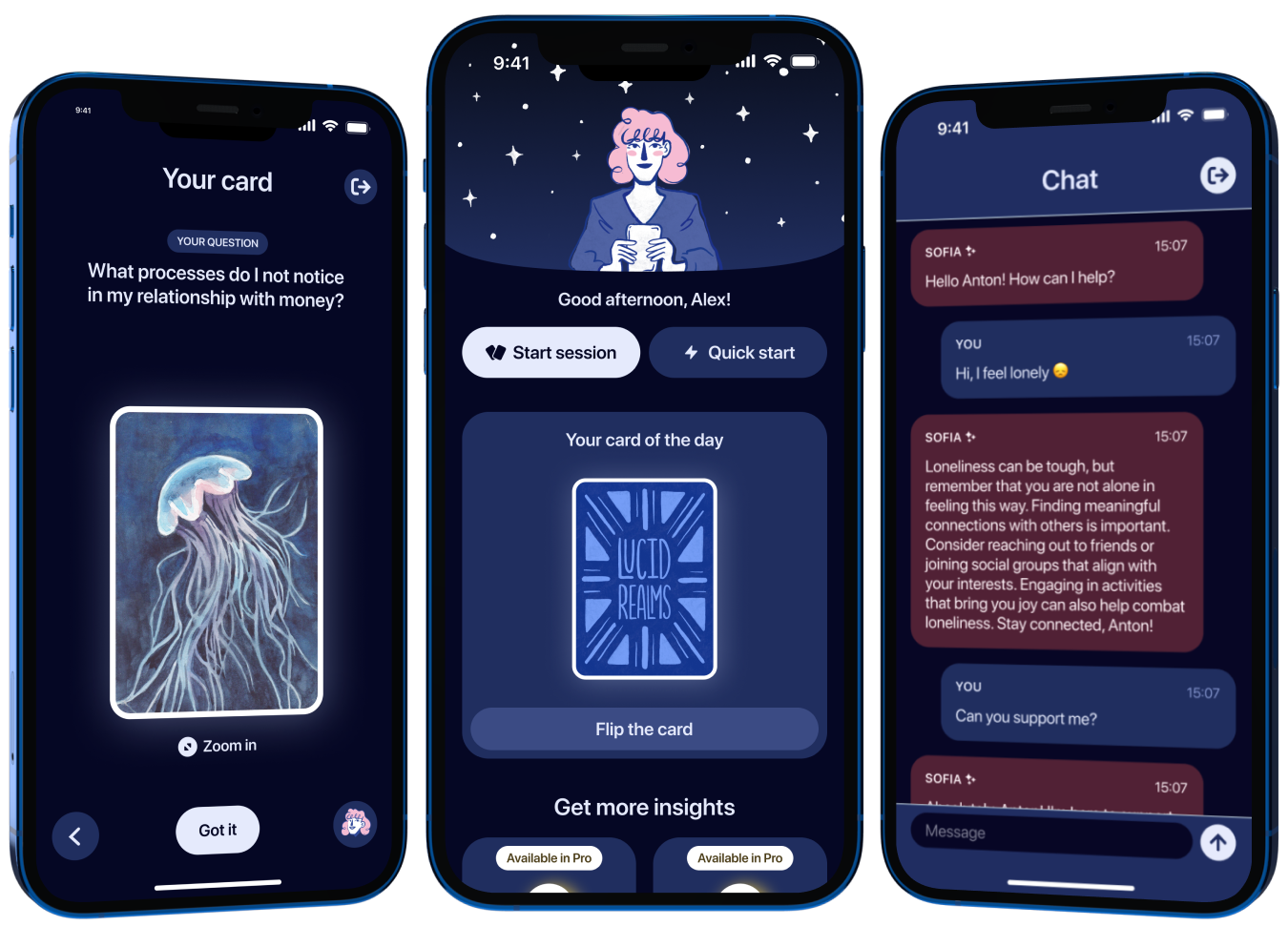We use cookies to give you a tasty experience!
Cookie Settings
We use cookies and data to:
Deliver an excellent service
Track outages and issues
Protect against spam, fraud and abuse
Measure site statistics to enhance the quality of our services
By continuing to browse our site, you’re agreeing to our use of cookies.
Deliver an excellent service
Track outages and issues
Protect against spam, fraud and abuse
Measure site statistics to enhance the quality of our services
By continuing to browse our site, you’re agreeing to our use of cookies.
An Introduction to Socionics
Socionics is a theory of personality types that is widely studied in Eastern Europe and Russia. It has its roots in Jungian psychology and was developed in the 1970s by Lithuanian researcher Aushra Augusta.
Socionics is based on the idea that there are 16 distinct personality types that can be categorized into 4 quadrants: Rational, Irrational, Extroverted, and Introverted. These types are denoted by 4 letters, such as INTJ, ESFP, etc. The types are derived from the way individuals prefer to process information and make decisions.
The 16 Types
The 16 Socionic types are:
ILI - INTp - Introverted Intuitive Logical
SEE - ESJp - Extroverted Sensing Ethical
EII - INFj - Introverted Intuitive Ethical
LSI - ISTj - Introverted Sensing Logical
SLE - ESTp - Extroverted Sensing Logical
IEI - INFp - Introverted Intuitive Ethical
ESE - ESFj - Extroverted Sensing Ethical
LII - INTp - Introverted Intuitive Logical
ESI - ISFj - Introverted Sensing Ethical
SEI - ISFp - Introverted Sensing Ethical
LSE - ESTj - Extroverted Sensing Logical
EIE - ENFj - Extroverted Intuitive Ethical
LIE - ENTj - Extroverted Intuitive Logical
ILI - INTj - Introverted Intuitive Logical
IEE - ENFp - Extroverted Intuitive Ethical
SLI - ISTp - Introverted Sensing Logical
Each type has its own characteristics, values, and behavior patterns that can be understood through Socionics.
Intertype Relations
A key part of Socionics is determining intertype relations - how different types interact with and perceive each other. There are four key intertype relations:
Duality - These types complement and balance each other well. An example is INTJ and ENFP.
Activity - These types may irritate each other but can activate each other's potential. An example is ISTJ and ESTP.
Semi-Duality - A less strong but still positive relationship. An example is INFJ and ENTP.
Conflict Relations - These types have difficulty understanding one another and often clash. An example is ESTJ and INFP.
By studying intertype relations, Socionics aims to help foster understanding and improve dynamics between people of differing personality types.
In summary, Socionics is an intriguing personality system that takes a novel approach to categorizing people based on information processing styles. While less well-known than the Myers-Briggs typology, Socionics provides insight into how perception, judgment and interaction differ across the 16 personality types.
Socionics is based on the idea that there are 16 distinct personality types that can be categorized into 4 quadrants: Rational, Irrational, Extroverted, and Introverted. These types are denoted by 4 letters, such as INTJ, ESFP, etc. The types are derived from the way individuals prefer to process information and make decisions.
The 16 Types
The 16 Socionic types are:
ILI - INTp - Introverted Intuitive Logical
SEE - ESJp - Extroverted Sensing Ethical
EII - INFj - Introverted Intuitive Ethical
LSI - ISTj - Introverted Sensing Logical
SLE - ESTp - Extroverted Sensing Logical
IEI - INFp - Introverted Intuitive Ethical
ESE - ESFj - Extroverted Sensing Ethical
LII - INTp - Introverted Intuitive Logical
ESI - ISFj - Introverted Sensing Ethical
SEI - ISFp - Introverted Sensing Ethical
LSE - ESTj - Extroverted Sensing Logical
EIE - ENFj - Extroverted Intuitive Ethical
LIE - ENTj - Extroverted Intuitive Logical
ILI - INTj - Introverted Intuitive Logical
IEE - ENFp - Extroverted Intuitive Ethical
SLI - ISTp - Introverted Sensing Logical
Each type has its own characteristics, values, and behavior patterns that can be understood through Socionics.
Intertype Relations
A key part of Socionics is determining intertype relations - how different types interact with and perceive each other. There are four key intertype relations:
Duality - These types complement and balance each other well. An example is INTJ and ENFP.
Activity - These types may irritate each other but can activate each other's potential. An example is ISTJ and ESTP.
Semi-Duality - A less strong but still positive relationship. An example is INFJ and ENTP.
Conflict Relations - These types have difficulty understanding one another and often clash. An example is ESTJ and INFP.
By studying intertype relations, Socionics aims to help foster understanding and improve dynamics between people of differing personality types.
In summary, Socionics is an intriguing personality system that takes a novel approach to categorizing people based on information processing styles. While less well-known than the Myers-Briggs typology, Socionics provides insight into how perception, judgment and interaction differ across the 16 personality types.





